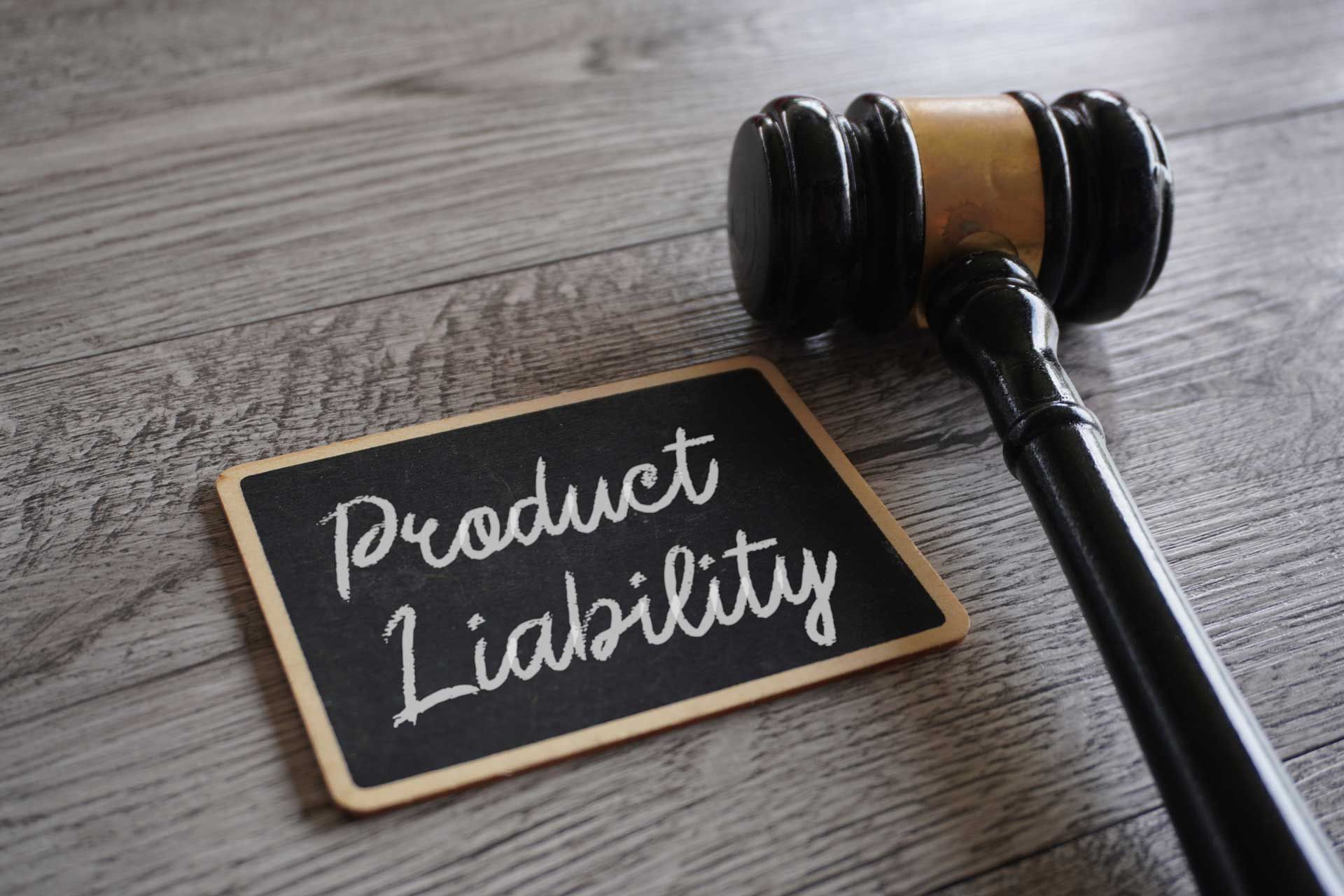How to Finance or Get a Loan to Buy a Business
The stumbling block many people have in buying a business is that they do not have the money to pay cash for the business or perhaps even the money to make a down payment on a loan to buy it. This article addresses the vitally important issue of how to finance or get a loan to buy an existing business.
How Much Money Do I Need to Buy a Business
As a quick rule of thumb, most deals can be financed if you have good credit and 10% of the purchase price of the company to put down as the down payment on the business. This is a pretty standard rule and it’s used by the SBA, the Small Business Administration, which guaranties billions in small business acquisition loans every year. Banks are very willing, even eager in 2021, to lend money to buyers of businesses that have a good track record of earnings. Thus, the most important items in financing to buy a business, are cash, credit and credibility, as in the credibility of the old business to provide for the cash flow needed to service a loan.
Buying a Business with No Money Down
It has become very common for buyers to try to buy a business with no money down at all. Is this possible? Well, yes, but it’s difficult and like any other tradeoff, it comes at a cost. So, first it’s very wise to consider the difficulty in buying with no money down. The seller will either be predisposed to sell it with a “seller note”, or you will have to have a backer who will finance the portion of the deal for which the seller is requiring cash. The first scenario can make the deal much, much easier. It’s also highly uncommon. The second requires a great deal of diligence in seeking out and finding the right investor to make a deal happen. When you find such an investor, expect him or her to take as much control of the company as they desire, and to have terms available to them for financing the deal that work best for them rather than you. But don’t lose hope. It remains very possible to buy a business with no money down.
What Questions Should You Ask Before Buying a Business
It’s always important and right to have a good checklist of questions you ask when you are considering buying any business. When you’re considering financing a business you may buy, there are certain questions that emerge as the most important, and perhaps more than they would be in a cash deal. The first among these is how credible are the earnings that are being reported by the seller? You will want to why there have been significant fluctuations, if any, or why earnings dropped from a peak in previous years. You will also want to know how important the presence of the current owner is to the company’s sales and what impact the change in ownership is likely to have on the company’s bottom line earnings. There are many other questions you should ask, and the trained professionals at Landmark Advisors can help you with all of them.
What to Look for in Financial Statements When Buying a Business
The most important indicators in a selling company’s financial statements come in reviewing what personal expenses may have been run through the business in recent years. While these amounts are generally, properly treated as add backs in calculating the value of the business, but they may also be indicators of questionable management. Through the C-Suite Exchange, we can enlist the help of the right professionals to assist you in determining whether these expenses and other financial statement items pose risk factors to your decision about buying the business.
In all phases and across all areas of need, Landmark Advisors can bring the solutions to the table you need in all your decisions about buying your business. Contact us today to start the process of finding and preparing to buy the right business for you.



